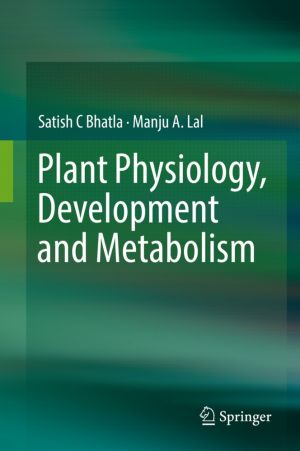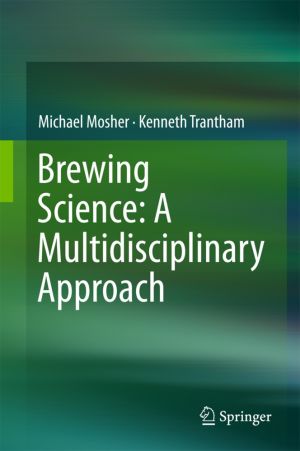
This book provides a practical and self-contained overview of the Gene Ontology (GO), the leading project to organize biological knowledge on genes and their products across genomic resources. Written for biologists and bioinformaticians, it covers the state-of-the-art of how GO annotations are made, how they are evaluated, and what sort of analyse...

This book describes in vitro and ex vivo models that can be employed to investigate effects of digested food products on the GIT, or specific components thereof. Many such models exist and include, for example, those used to study digestion and fermentation in the small and large intestine, to investigate absorption (e.g. Ussing chamber, epithelial...

This book discusses biogeochemical processes relevant to carbon and aims to provide readers, graduate students and researchers, with insight into the functioning of marine ecosystems. A carbon centric approach has been adopted, but other elements are included where relevant or needed. The book focuses on concepts and quantitative understanding of p...

This book focuses on the fundamentals of plant physiology for undergraduate and graduate students. It consists of 34 chapters divided into five major units. Unit I discusses the unique mechanisms of water and ion transport, while Unit II describes the various metabolic events essential for plant development that result from plants’ ability to cap...

This text finally collects all the introductory aspects of beer brewing science into one place for undergraduate brewing science courses. This expansive and detailed work is written in conversational style, walking students through all the brewing basics from the origin and history of beer to the brewing process to post-brew packaging and quality c...

This book introduces readers to the basic principles of bioinformatics and the practical application and utilization of computational tools, without assuming any prior background in programming or informatics. It provides a coherent overview of the complex field and focuses on the implementation of online tools, genome databases and software that c...

Physiology - The word physiology is from the Ancient Greek (phusiología) and it is the study of how organisms perform their vital functions. An example is the study of how a muscle contracts or the force contracting muscles exert on the skeleton. It was introduced by French physician Jean Fernery in 1552. Physiology is built upon a tripod of scien...
